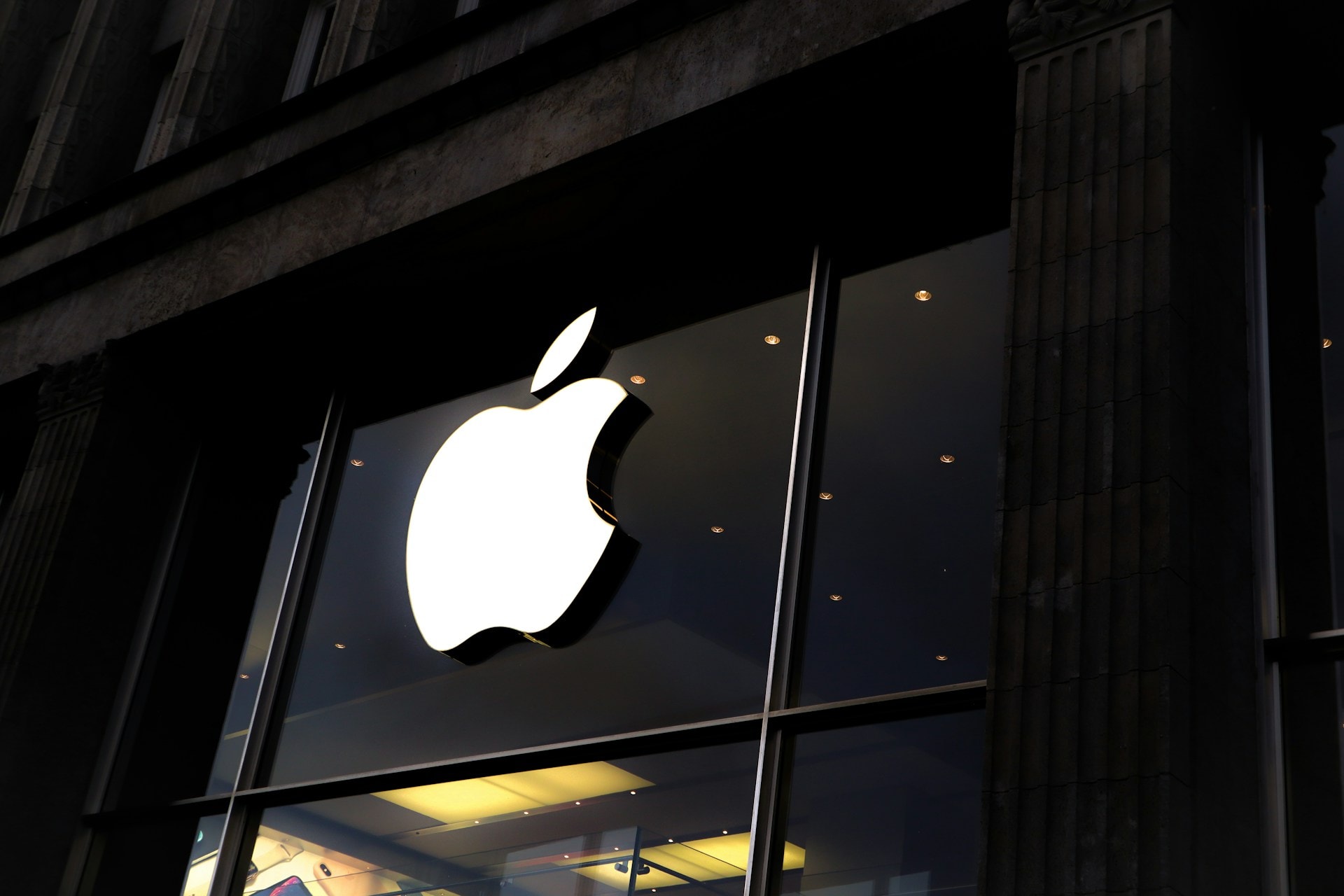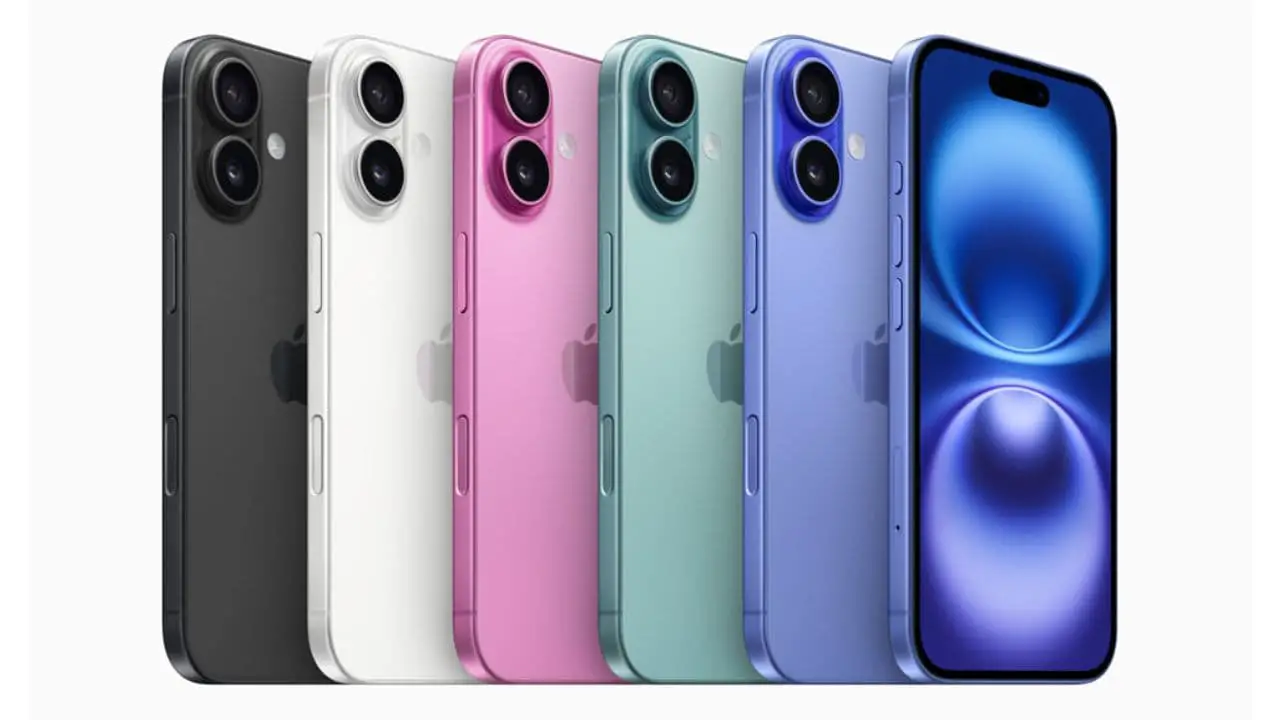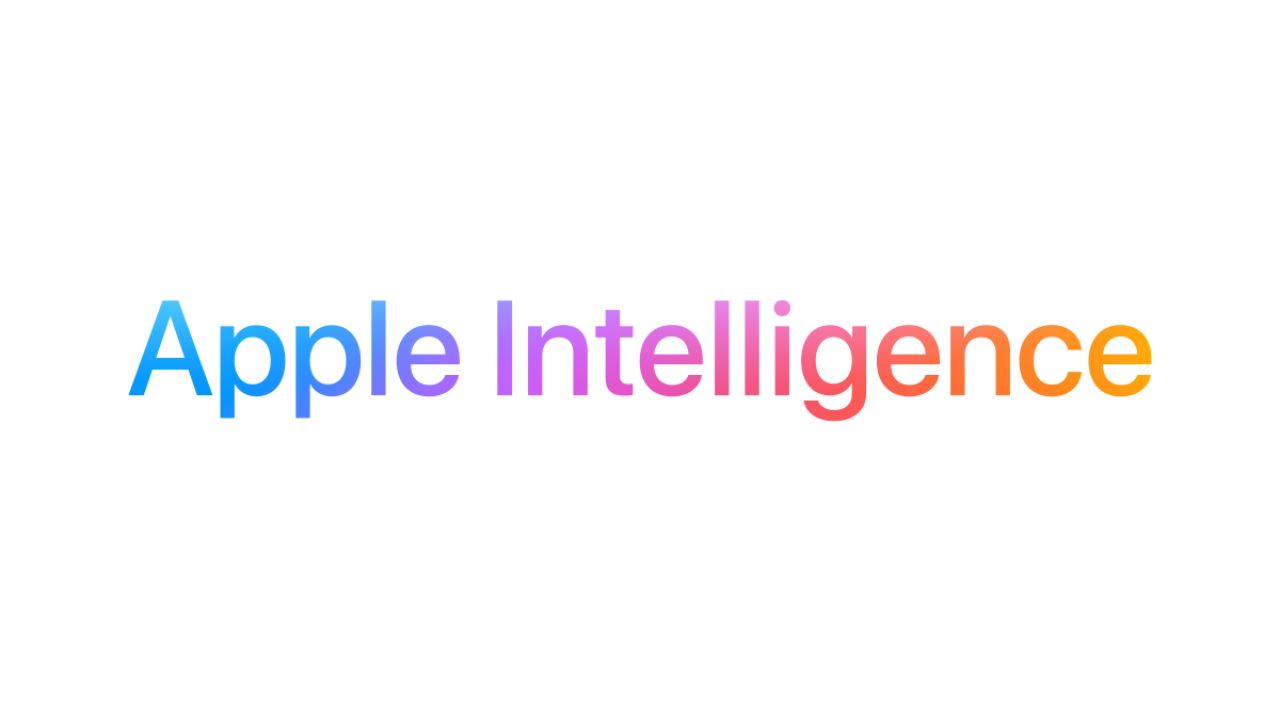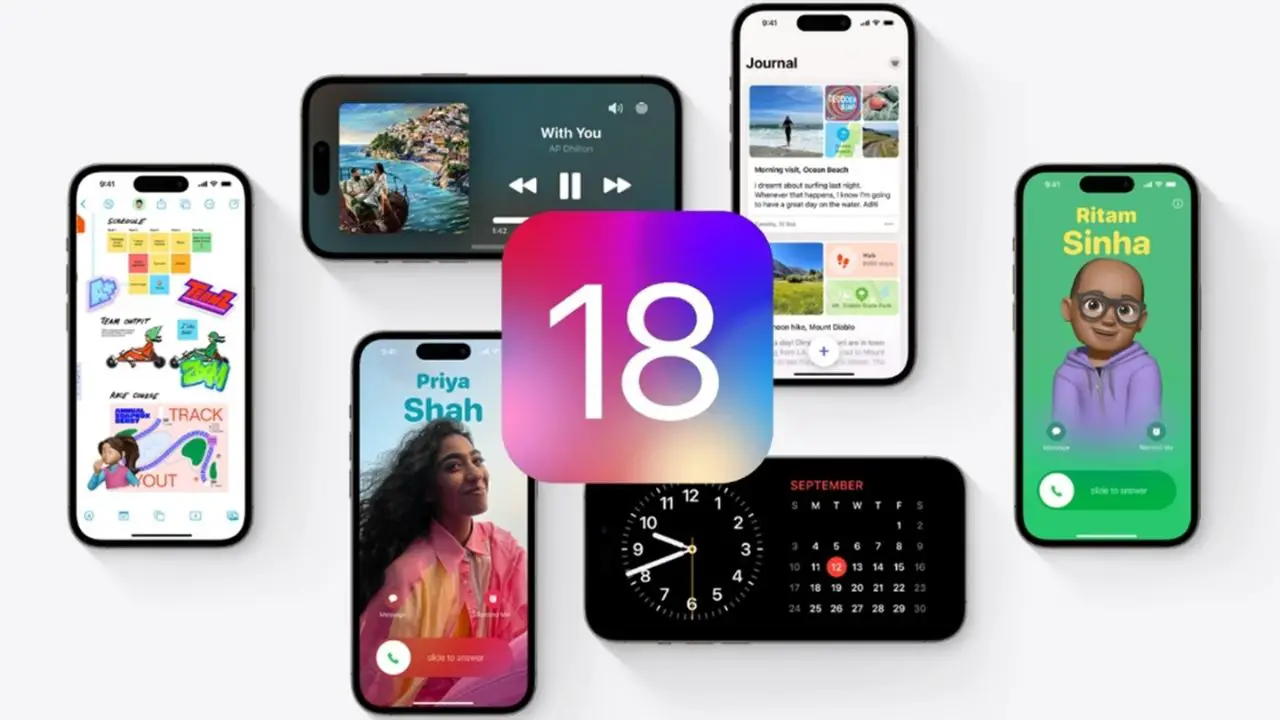The US Department of Justice (DoJ) has taken a decisive step in the ongoing scrutiny of Big Tech companies by filing a significant antitrust lawsuit against Apple. The lawsuit accuses the tech giant of engaging in anti-competitive behavior and maintaining an unlawful monopoly within the US smartphone market, marking a notable escalation in government oversight of industry practices. Here is a complete go-through.
US Department of Justice Files Antitrust Lawsuit Against Apple Over Alleged Monopoly Practices
The crux of DoJ’s allegations revolves around Apple’s purported exploitation of its dominant position in the smartphone market to suppress competition through various means. These alleged anti-competitive practices include imposing restrictions on app developers within the App Store, purportedly hindering the functionality of non-Apple products, such as smartwatches and digital wallets, and creating a perceived disadvantage for non-iPhone users in messaging experiences.
Specifically, the DoJ contends that Apple limits app developers’ ability to offer features that could potentially compete with its services, enforces restrictions on non-Apple smartwatches and digital wallets to maintain the appeal of its offerings, and perpetuates a messaging disparity between iPhones and non-iPhones to incentivize users to switch to Apple products.

Apple has vehemently refuted these allegations, asserting that the lawsuit misrepresents its commitment to user experience and innovation. The company maintains that its business practices prioritize user privacy, security, and the seamless integration of its ecosystem, which it argues are valued by consumers. Apple has pledged to vigorously defend itself against the lawsuit.
Central to the legal dispute is the definition of the relevant market. While the DoJ proposes a narrower “performance smartphone market” where Apple purportedly holds a dominant 70% share, Apple advocates for a broader global market definition where its share is approximately 20%.
The lawsuit’s implications extend beyond legal ramifications, potentially reshaping the landscape of the smartphone market and influencing consumer choice. A favorable outcome for the DoJ could compel Apple to relax its control over the App Store and ecosystem, fostering increased innovation and diversity in the market. Conversely, a victory for Apple could reinforce its dominance and constrain consumer options.
Overall, the legal proceedings are expected to be protracted, with Apple having 60 days to respond to the lawsuit, followed by a protracted period of briefs, hearings, and potential appeals. A final resolution may take several years to materialize. As this story continues to unfold, it underscores the broader regulatory scrutiny facing tech giants and the significant implications for both industry players and consumers alike. Continued updates will be provided as developments arise.






